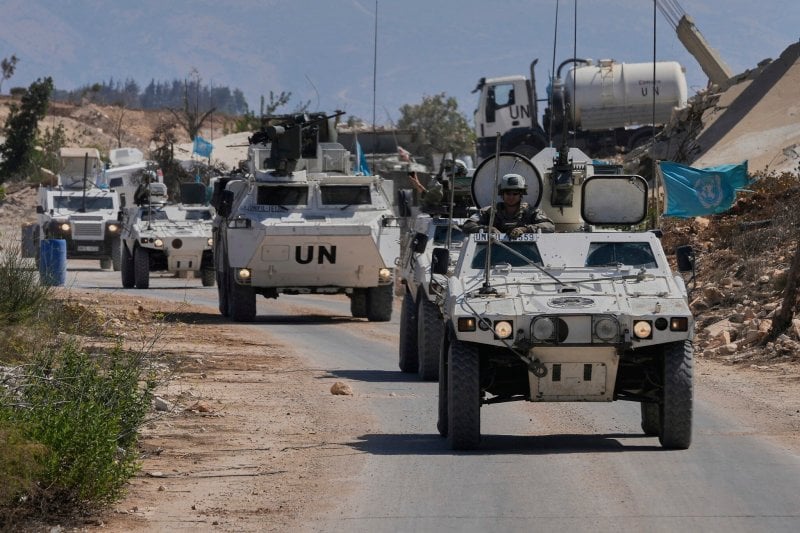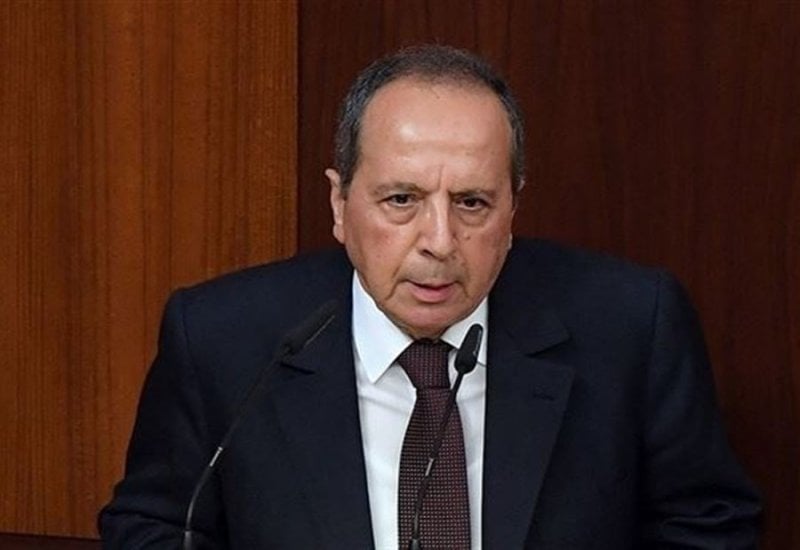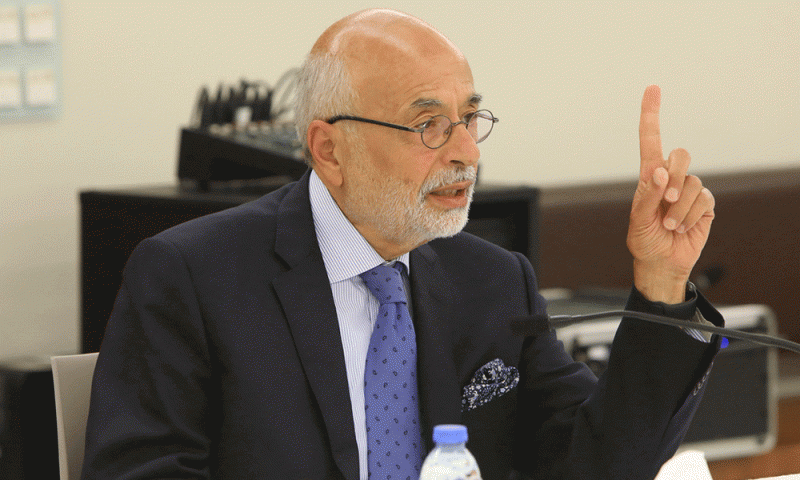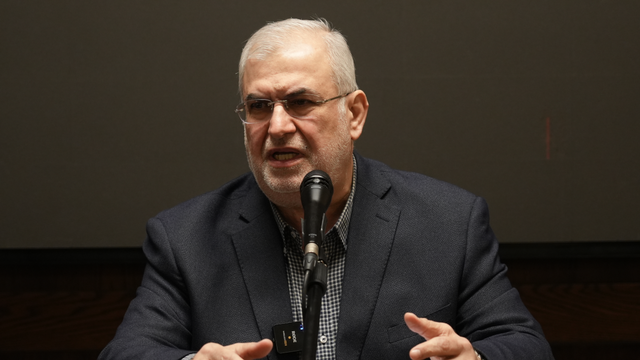
Summary: The President’s visit to the Vatican, the potential arrival of a European force in southern Lebanon, contacts to resolve the conflict with Israel, progress in border files with Syria, and a discussion about expatriate voting.
The President and his wife left Rafic Hariri International Airport heading to Rome to participate in the celebratory Mass in the Vatican for the declaration of Bishop Ignatius Maloyan as a saint. The Mass is presided over by Pope Leo XIV, assisted by the Patriarch of the Armenian Catholics, Raphael Bedros XXI Minassian, in a historic church event.
An official source reported the possibility of a European military force arriving in southern Lebanon after the end of UNIFIL’s mission in 2027. It pointed to the Lebanese army’s ability to fill the field vacuum after increasing its numbers, provided there is a complete Israeli withdrawal and a guarantee of stopping repeated violations.
A political source indicated high-level political contacts between Lebanese officials and those concerned with the file of indirect negotiations with Israel, with the aim of formulating a unified Lebanese position to be presented to the international sponsoring powers, in parallel with diplomatic pressure to stop the escalating Israeli aggression against Lebanon.
The source added that the President was among the first to meet the results of the Sharm el-Sheikh Peace Summit by proposing a practical and courageous solution based on the Beirut Arab Peace Initiative of 2002, and that this proposal received broad internal and external support.
The source revealed significant progress in the discussion with the Syrian government regarding outstanding border files, after demarcation lines were politically forbidden. He pointed out that the UN Security Council explicitly encouraged in its recent statement the demarcation of the Lebanese-Syrian borders, which brings the Shebaa Farms file back to the fore, in preparation for resolving its ownership and ending the pretext for armed conflict after the liberation of the south on May 25, 2000.
In this context, the Minister of Foreign Affairs and the Minister of Defense discussed border maps that Beirut received from a British delegation dating back to the French-British Mandate period in the region.
Regarding the parliamentary elections, the discussion about expatriate voting is intensifying, with a proposed settlement that does not allocate six seats for expatriates, and only allows them to vote inside Lebanon during the summer period instead of opening ballot boxes in the diaspora countries. Figures indicate that the number of registered voters so far does not exceed 12,000 only, despite expectations that the number would reach 300,000 potential voters if voting abroad was allowed.
Well-informed political sources speak of preparations to bring voters from the diaspora countries, with the aim of bringing about change in some electoral districts.
source: 961 today

















